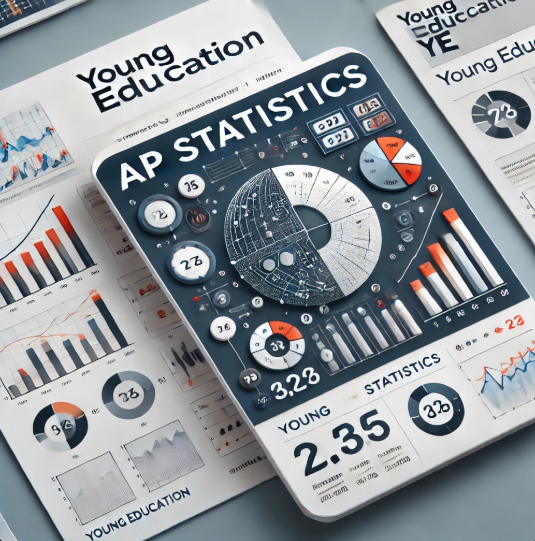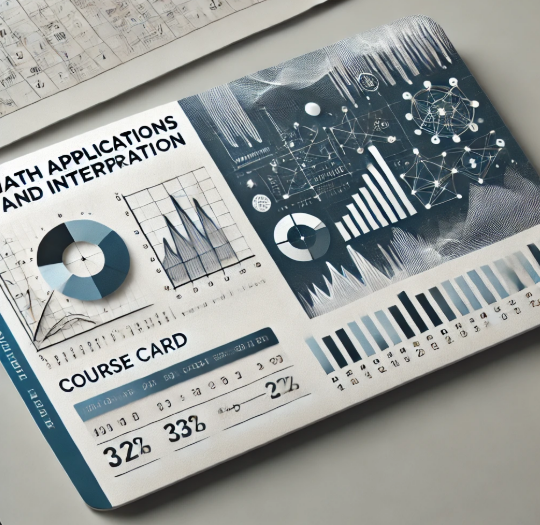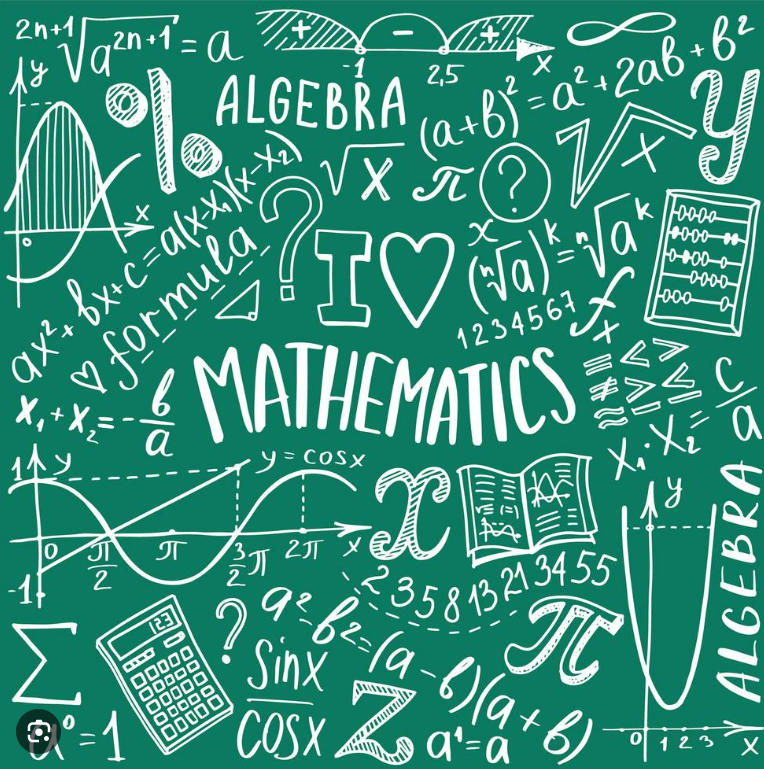
Foundations of Math 12 Topics include:
- Statistics
- Logical Reasoning
- Probability
- Relations and Functions
- Sinusoidal Math
- Interest: simple and compound
- Set Theory
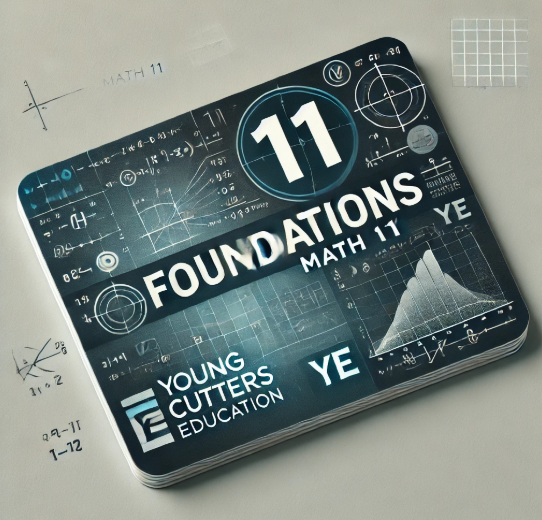
Foundations of Math 11 invites students into an engaging exploration of essential mathematical concepts, designed to build strong analytical and problem-solving skills. Throughout this course, students will strengthen their mathematical foundation and gain the confidence to approach complex real-world scenarios.
The course begins with Logical Reasoning, developing students' abilities to think critically, construct valid arguments, and navigate complex problems systematically. Students will then journey into Geometry, examining spatial relationships, proofs, and applications of geometric concepts in everyday contexts.
Quadratic Functions will offer students the opportunity to explore parabolic relationships, solve quadratic equations, and understand real-world applications involving trajectories, optimization, and more. The unit on Trigonometry introduces students to angles, triangles, and periodic phenomena, equipping them with tools to analyze waves, architecture, and navigation.
Finally, students will delve into Linear Equations, mastering skills in solving and graphing equations, interpreting linear relationships, and modeling practical situations ranging from business planning to scientific data analysis.
Through hands-on activities, real-world examples, and interactive learning, students in Foundations of Math 11 will not only develop robust mathematical proficiency but also appreciate the role mathematics plays in their lives and future studies.
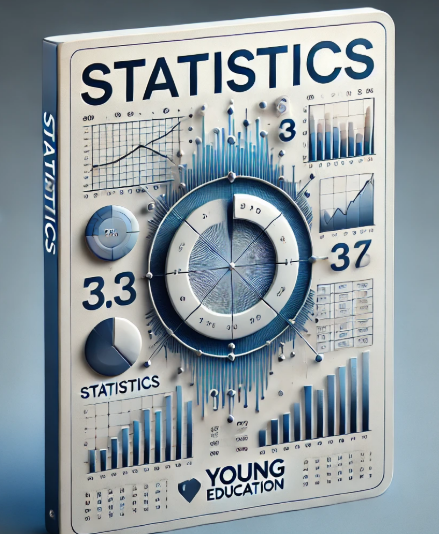
This course provides a comprehensive introduction to statistics, guiding students from foundational concepts to advanced applications. Through hands-on activities, real-world examples, and data analysis projects, students will develop the skills needed to collect, organize, interpret, and apply statistical data. The course fosters critical thinking and prepares students to make informed decisions based on data.
Course Topics:
- Types of data, levels of measurement, populations, samples, and variables.
Data Collection and Organization
- Methods of data collection, sampling techniques, frequency tables, and data visualization.
- Measures of central tendency and dispersion, shapes of distributions, and summary statistics.
Probability and Inferential Statistics
- Probability rules, sampling distributions, confidence intervals, and hypothesis testing.
- Correlation, regression, statistical significance, real-world applications, and ethical considerations.
This course equips students with essential statistical tools and techniques, empowering them to analyze data effectively and apply their knowledge in diverse fields such as business, healthcare, and environmental studies.
- Leraar: Mark Young
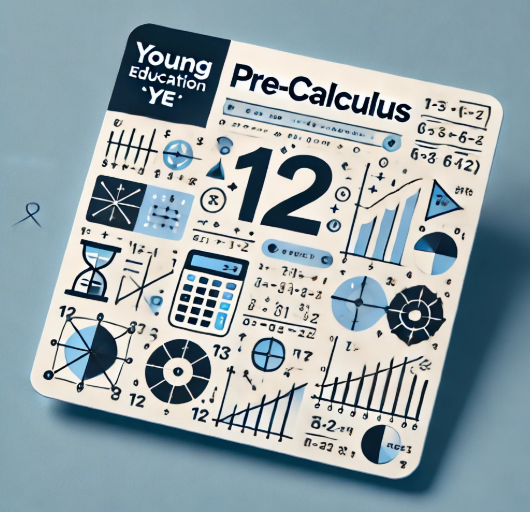
Pre-cal 12 topics include:
- Function transformations
- Radical functions
- Exponential functions
- Functions and Inverses
- Logarithmic Functions
- Trigonometry and the Unit Circle
- Trigonometric Ratios and Special Angles
- Trigonometric Functions and graphs
- Polynomial Functions
- Rational Functions
- Function operations
- Function toolkit
- Limits
Options:
- Trigonometric Identities
- Permutations, combinations, and the binomial theorem
- Explorations:
- Elipses
- de Moivre Theorems
- Fast Fourier Transforms
- The Lagrangian
- Leraar: Mark Young

Content:
- Sequences and series
- Trigonometry
- Quadratics
- Quadratic equations
- Radical expressions and equations
- Rational expressions and equations
- Absolute value and reciprocal functions
- Systems of equations (linear and quadratic)
- Linear and quadratic inequalities
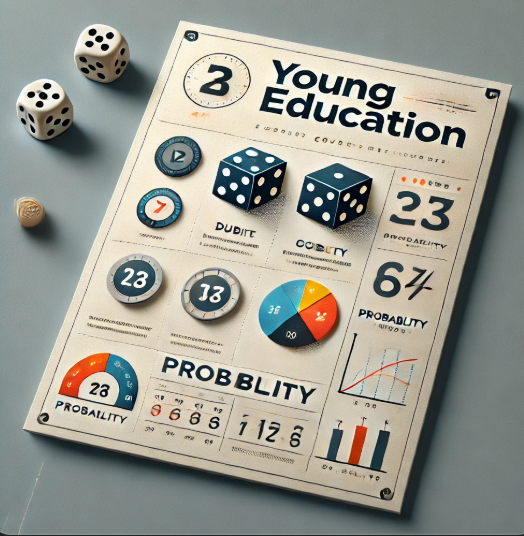
This course provides a comprehensive exploration of probability, guiding students from foundational concepts to advanced applications in real-world scenarios. Students will learn how to calculate probabilities, analyze random events, and apply these concepts in diverse fields such as science, business, and decision-making. Through hands-on activities and practical examples, this course equips learners with the skills to understand and work with uncertainty effectively.
Course Units:
- Learn the basics of probability, including terminology, sample spaces, and different types of probability.
Basic Probability Rules and Operations
- Explore fundamental probability rules, including addition, multiplication, complementary events, and conditional probability.
- Dive into random variables, discrete and continuous distributions, and analyze real-world scenarios using probability distributions.
Permutations, Combinations, and Counting Principles
- Understand counting principles, permutations, and combinations, and use them to solve probability problems.
Advanced Applications of Probability
- Apply advanced concepts like the law of large numbers, Bayes’ theorem, and probability in decision-making and real-world systems.
This course is perfect for students aiming to master probability and its applications across various disciplines. It fosters critical thinking, analytical skills, and problem-solving abilities in an engaging and practical way.
- Leraar: Mark Young
